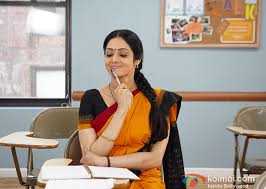For the beginning of 2013, I have a special post - a post differentiating between Bhutan and India, because, I spend our long winter vacation (of three months) in India.*

- Bhutan is tiny, India is huge
That's number one. Bhutan is so small, when you go from one dzongkhag to another, there's a big chance you might meet someone you know. In India, the probability is even higher... but you probably won't see him because of the huge crowds. I'm exaggerating, naturally, but that's the idea.
Look at the map and spot India. Easy, isn't it? Now where's Bhutan? It's so small, that the country's name doesn't fit inside the area, have you noticed?
That proves my point. For facts, India is about 60 times as big as Bhutan.
- Bhutan is quiet, India is noisy
 |
| If that isn't a crowd, I don't know what is |
 |
A peaceful view of a dzong and nearby lake with mountains looming behind
|
When you walk in Bhutan, the most common noise is usually dogs barking, birds chirping and so on. (Though I admit, motor is also becoming a noisy nuisance nowadays).
In India, in some places, you have to shout to someone in talking distance - in others, you simply have no chance.
Usually in crowds the noise is unbearable unless there's someone important speaking in front, and even then there'll be some noises.
In Bhutan, if the Prime Minister is talking, you can hear a pin drop (though nobody would want to disturb the silence and drop a pin, would he?)
- Bhutan was never captured by any country, India was captured by the Brits

That's part of the reason why a lot of village people in Bhutan don't speak a word in English and, English isn't a national language (though in towns you can find many English speaking people) while in India Hinglish was already invented, and ads are commonly in English.
In Bhutan English is quickly being promoted, and most private schools treat Dzongkha as a second language, and lessons are given in English, except for the Dzongkha period.

*The long vacation is in winter because the winter is ferociously cold there, and the schools want children, not frozen popsicles. The vacation is as long as the winter, and the winter is usually December, January, February.












